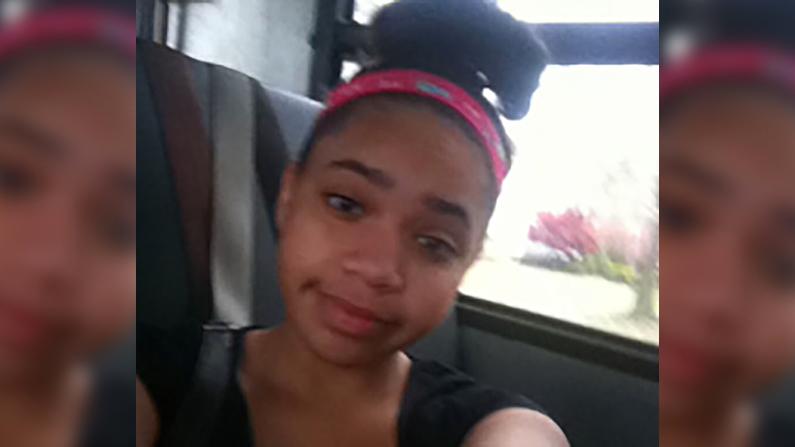Bresha Meadows, a 16-year-old from Ohio, is free after 18 months of incarceration in a juvenile corrections facility and a mental health hospital.
Meadows became a national symbol in the fight against child abuse when she shot her father, 41-year-old Jonathan Meadows, on July 28, 2016.





